The Discipline Report on NYPD’s Disciplinary System: Urgent Need for Reform
By Esther Claudette Gittens | Editorial credit: fitzcrittle / shutterstock.com
Below is a detailed summary of the Discipline Report on NYPD’s Disciplinary System. The Discipline Report highlights the urgent need for reform within the NYPD’s disciplinary system. It underscores systemic failures to hold officers accountable, especially for stop-and-frisk misconduct and racial profiling. Read more at www.askthelawyer.us. To read the complete analysis in our publication, click here, and on our civil rights blog, click here.
Background
- On September 23, 2024, Judge Analisa Torres published a detailed report on the NYPD’s disciplinary system as part of federal reforms addressing unconstitutional stop-and-frisk practices.
- The report, authored by retired state court judge James Yates, reviews how the NYPD handles officer misconduct and provides 51 recommendations for systemic improvement.
- The report emerges from longstanding issues, including findings in 2013 that NYPD’s stop-and-frisk practices were unconstitutional and racially biased.
Key Findings
- Accountability Failures:
- Officers who engage in stop-and-frisk misconduct rarely face meaningful discipline.
- Misconduct is often treated informally, with penalties such as retraining, rather than formal disciplinary actions like suspension or termination.
- Excessive Discretion:
- The NYPD and Police Commissioner hold significant discretion in disciplinary decisions, leading to inconsistent accountability.
- Even when the Civilian Complaint Review Board (CCRB) substantiates complaints, recommendations for discipline are often disregarded.
- Transparency Issues:
- The disciplinary process is largely hidden from public view.
- Improved transparency, including public access to disciplinary histories, is recommended.
- Decentralized and Inefficient System:
- Lack of coordination between NYPD and CCRB leads to fragmented and duplicative investigations.
- Investigations are slow and fail to account for patterns of misconduct effectively.
- Racial Profiling Neglect:
- Over 5,000 racial profiling complaints have been filed since 2021, but no officers have been charged for bias-based policing.
- Investigations into racial profiling are under-resourced and rarely lead to substantive action.
Systemic Challenges
- Discipline Matrix:
- Introduced in 2021, the matrix outlines penalties for misconduct but often imposes minimal consequences for stop-and-frisk violations (e.g., loss of vacation days).
- Penalties are frequently mitigated to retraining, even for repeat offenses.
- Supervisor Accountability:
- Supervisors often fail to report observed misconduct, and disciplinary action against them is almost nonexistent.
- “Good Faith” Excuses:
- Officers often avoid accountability by claiming their actions were mistakes or made in good faith.
- This has led to repeated retraining sessions rather than stricter penalties.
Recommendations
The report provides 51 recommendations, grouped into six key areas:
- Transparency:
- Post NYPD Patrol Guide sections online for public access.
- Publicly share substantiated misconduct cases on officer profiles.
- Complaint Processing:
- Improve coordination between CCRB and NYPD to streamline investigations.
- Require public explanations from the Police Commissioner when disregarding CCRB recommendations.
- Addressing “Good Faith” Errors:
- End reliance on repeated training for officers claiming ignorance of the law.
- Impose stricter penalties for repeated misconduct.
- Bias and Racial Profiling:
- Use past allegations of racial profiling to identify patterns, even if the allegations were not substantiated.
- Enhance resources for bias-related investigations.
- Accountability:
- Hold supervisors accountable for failing to act on observed misconduct.
- Broaden the scope of past misconduct considered in disciplinary decisions.
- Timeliness:
- CCRB investigations should be completed within 120 days, or delays must be justified to both complainants and officers.
Public Involvement
- Judge Torres has invited public comments on the Discipline Report by December 25, 2024.
- Public input is encouraged to shape reforms and address the systemic failures outlined in the report.
Conclusion
The Discipline Report highlights the urgent need for reform within the NYPD’s disciplinary system. It underscores systemic failures to hold officers accountable, especially for stop-and-frisk misconduct and racial profiling, and provides actionable recommendations to promote transparency, accountability, and fairness. While it is a critical step toward justice, the report emphasizes that meaningful change requires sustained public pressure and oversight.
____________________

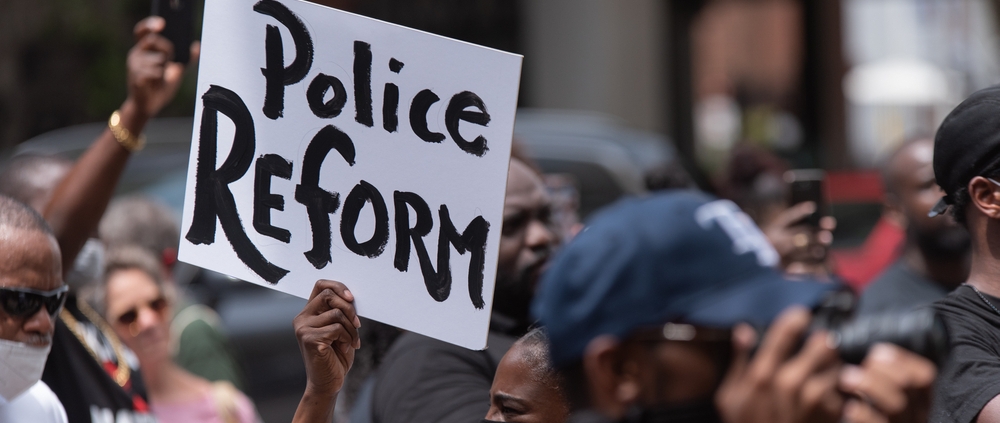

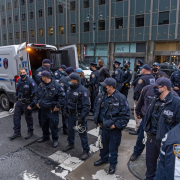

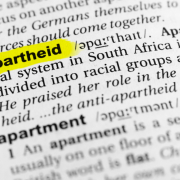
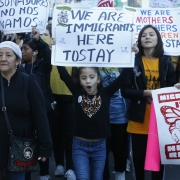
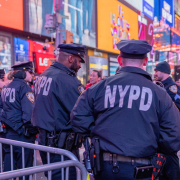




Leave a Reply
Want to join the discussion?Feel free to contribute!